While Dr. Martin Luther King Jr. and Rosa Parks are typically associated with the South, both spent a great deal of their lives challenging the racism of the Jim Crow North. Yet this part of their history is repeatedly ignored. Parks described the Detroit she moved to in 1957 as the “Northern promised land that wasn’t” and spent the next four decades challenging the segregation and inequality endemic to the city.
Like Parks, King had been speaking out for years on the limits of Northern liberalism. In 1960, in a speech to the Urban League in New York, King identified “a pressing need for a liberalism in the North that is truly liberal, that firmly believes in integration in its own community as well as in the deep South.”
In 1965, following the Watts uprising, King took to the pages of the Saturday Review to criticize the surprise of public officials as dishonest. In his travels in the North, King had become “disillusioned with the power structures there,” whose representatives “showered praise on the heroism of Southern Negroes. Yet when the issues were joined concerning local conditions, only the language was polite; the rejection was firm and unequivocal.”
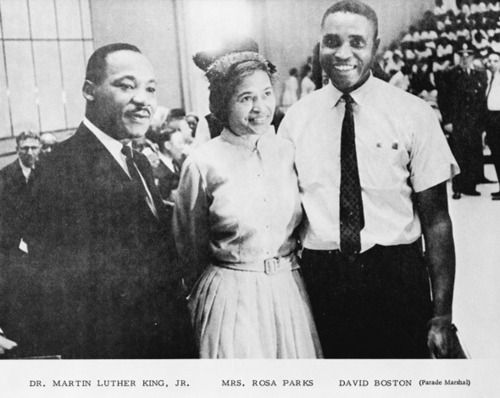
Dr. King, Rosa Parks, and David Boston on June 23, 1963. Source: Schomburg Center for Black Culture, NYPL
The last time Parks saw King was in a place where most whites continued to fight to maintain their racial privilege — the elite Grosse Pointe suburb of Detroit. On March 14, 1968, three weeks before his assassination, King came to speak at Grosse Pointe South High School, and Parks and a friend went out to hear him.
It was a “horrible mess” according to Parks; King described it as the most disruption he ever faced in an indoor setting. In his speech “The Other America” (where he was interrupted over and over by hecklers calling him a traitor), King focused on the economic inequalities corroding American society and put Detroit’s recent uprising in the broader context of racial inequality in the city through the nation. Like Parks, King saw the roots of the riots lying in white indifference and intransigence to Black demands for justice, equality, and real economic opportunity and challenged the blinders of Northern liberalism.
It is not enough for me to stand before you tonight and condemn riots. It would be morally irresponsible for me to do that without, at the same time, condemning the contingent, intolerable conditions that exist in our society. . . A riot is the language of the unheard. And what is it America has failed to hear? It has failed to hear that the plight of the Negro poor has worsened over the last 12 or 15 years. It has failed to hear that the promises of freedom and justice have not been met. And it has failed to hear that large segments of white society are more concerned about tranquility and the status quo than about justice and humanity.
This post was prepared by Jeanne Theoharis, author of The Rebellious Life of Mrs. Rosa Parks. The book has a companion website full of stories and primary documents about Parks’ long life of activism. Visit and bookmark the Rosa Parks Biography website.
Learn more in “Remembering the day Martin Luther King Jr. came to Grosse Pointe” by Sarah Cwiek on Michigan Public Radio (Jan. 17, 2017).
Find related teaching resources below.

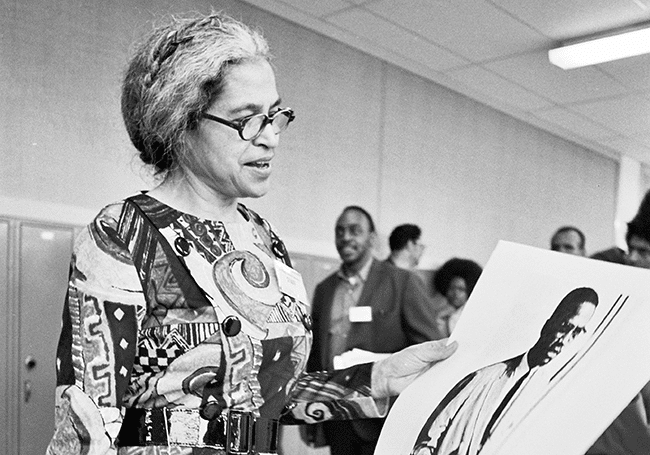
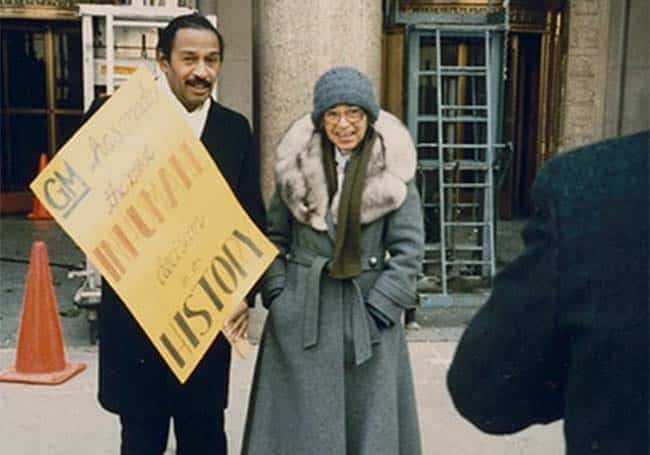
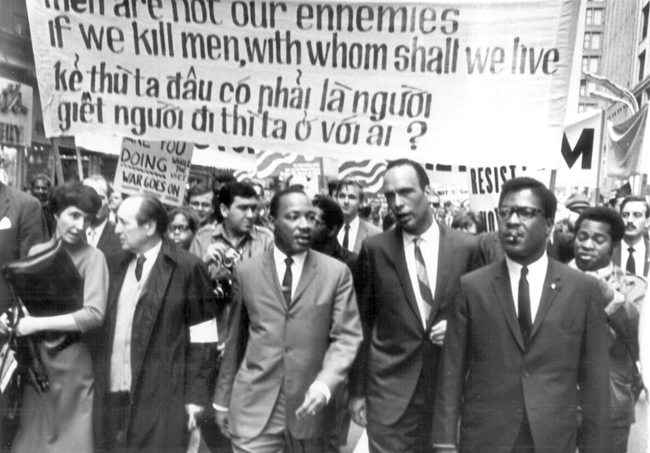
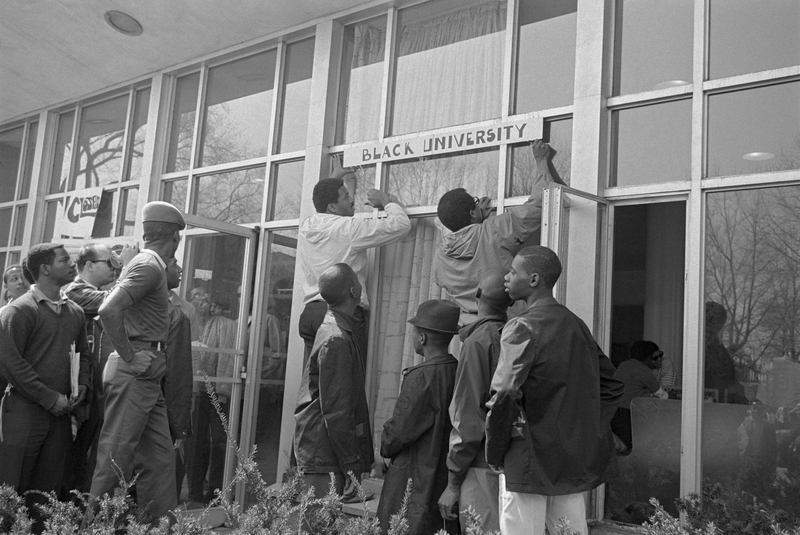
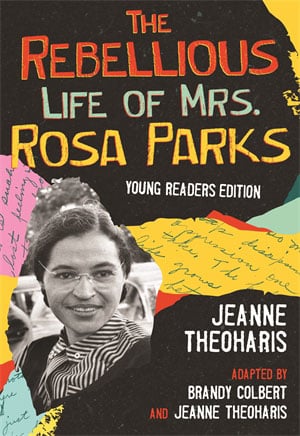
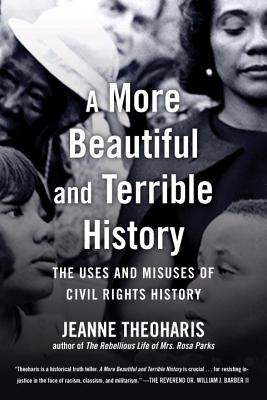

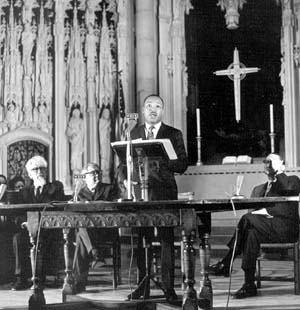
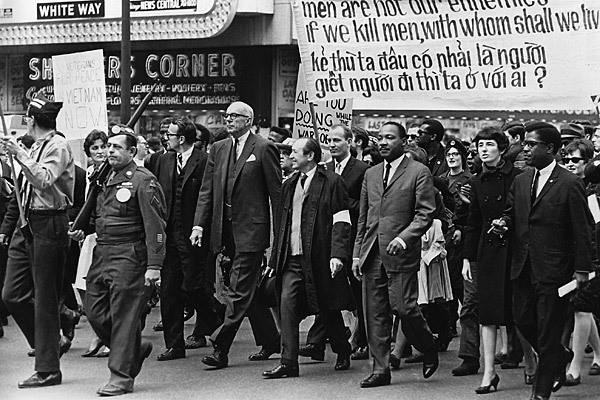
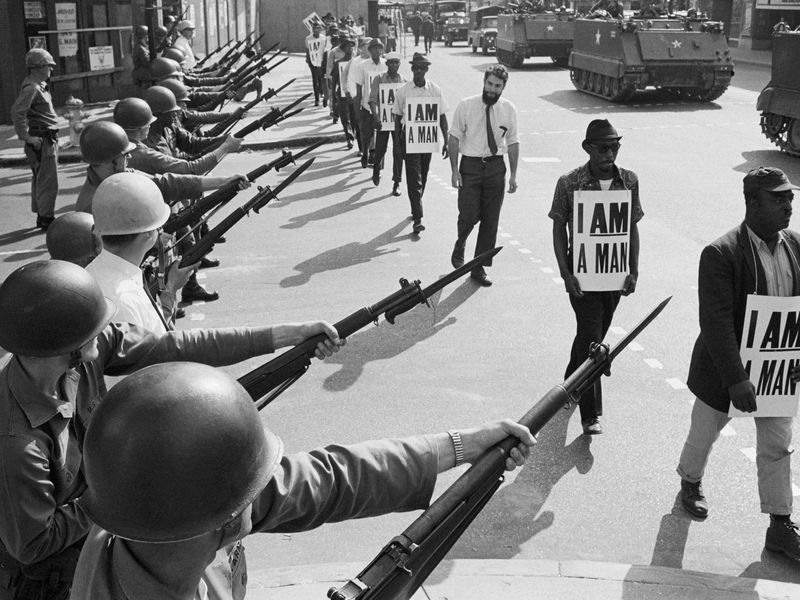
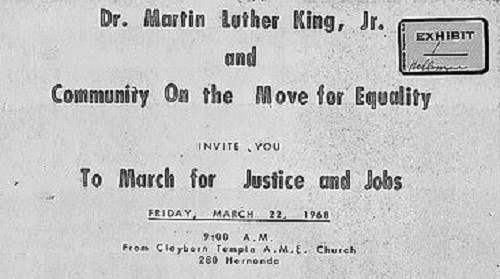
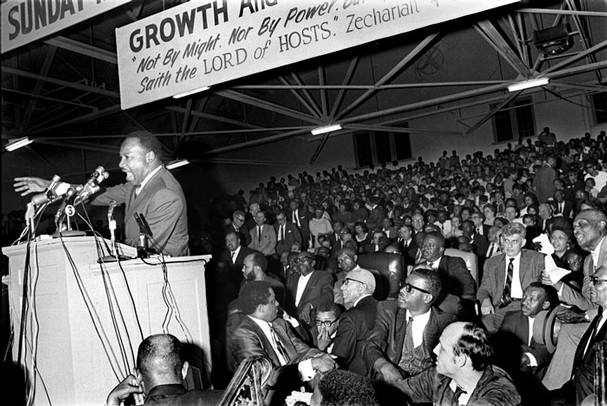





Twitter
Google plus
LinkedIn